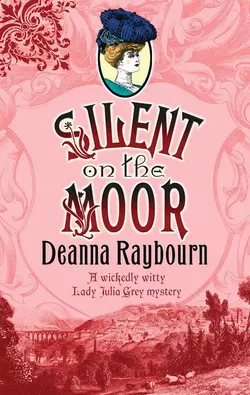Silent on the Moor

Deanna Raybourn
Тип: электронная книга
Жанр: Современная зарубежная литература
Язык: на английском языке
Стоимость: 463.36 ₽
Статус: В продаже
Издательство: HarperCollins
Дата публикации: 16.04.2024
Отзывы: Пока нет Добавить отзыв
О книге: England, 1888 “There are things that walk abroad on the moor that should not. But the dead do not always lie quietly, do they, lady?” Grimsgrave Manor is an unhappy house, isolated on the Yorkshire moors, silent and secretive. Then its shroud of gothic gloom is lifted by a visit from the incurably curious Lady Julia Grey.Lady Julia intends to bring a woman’s touch to the restoration of Nicholas Brisbane’s new estate, whether he wants it or not. Her presence is more than necessary – Grimsgrave’s new owner seems to be falling into ruin along with the house. Confronted with gypsy warnings and Brisbane’s elusive behaviour, Lady Julia scents a mystery.It’s not long before her desire for answers leads her into danger unlike any other that she has experienced – and from which, this time, there may be no escape.